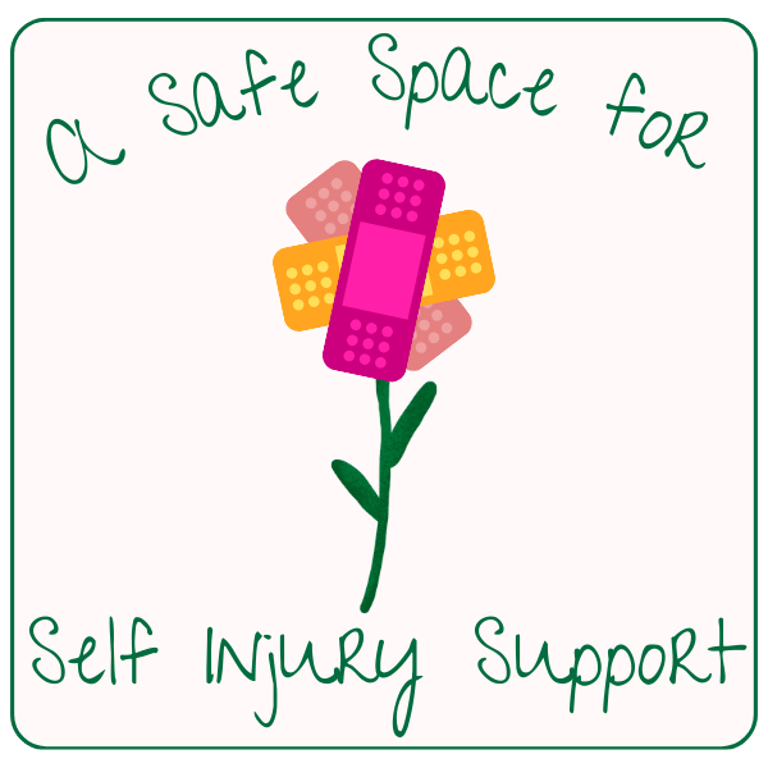What is Self Injury?
Non-suicidal self-injury (NSSI) is the deliberate, self-inflicted destruction of body tissue resulting in immediate damage, without suicidal intent and for purposes not culturally sanctioned.
Self-injury can include a variety of behaviors but is most commonly associated with:
intentional carving or cutting of the skin
subdermal tissue scratching
burning oneself
banging or punching objects or oneself with the intention of hurting oneself
embedding objects under the skin
Although cutting is one of the most common and well documented forms, there are many things people do to hurt themselves. In fact, our studies have documented over 16 forms of self-injury and there may well be more. Moreover, it is clear that number of forms used by an individual varies significantly; from 1 to over 10. Self-injury can be and is performed on any part of the body, but most often occurs on the hands, wrists, stomach and thighs. The severity of the act can vary from superficial wounds to those resulting in lasting disfigurement. Indeed, about 33% of people who reported self-injury in two college studies said that they had hurt themselves so badly that they should have been seen by a medical professional; only 6.5% had ever been treated for any of their wounds.
What defines self-injury has less to do with what it looks like (e.g. in what particular way someone hurts his/her body) than with the intention one has when doing it. Because NSSI can look so much like a suicidal gesture, it can be confusing, and often frightening, to those who see it but who do not know what it means. This is one of the reasons that it is important to assess the why of the injuries as well as the what.
Cornell Research Program on Self-Injury and Recovery
The Cornell Research Program for Self Injury Recovery
The Cornell Study of Self-Injury, also known as the Cornell Research Program on Self-Injury and Recovery (CRPSIR), is a research program that investigates self-injurious behavior in adolescents and young adults. It conducts studies on the prevalence, cultural context, and spread of self-injury, and it translates its findings into practical resources and interventions for individuals, families, and professionals. The program also focuses on recovery and prevention strategies.
The International Society for the Study of Self-Injury
The International Society for the Study of Self-Injury (ISSS) is an international collaboration focused on advancing the understanding, prevention, and treatment of nonsuicidal self-injury (NSSI). It unites clinicians, researchers, and community members dedicated to improving the lives of those impacted by NSSI, focusing on research, care and support, outreach, and connection.
S.A.F.E Alternatives
SAFE Alternatives® (Self-Abuse Finally Ends) is a nationally recognized treatment approach, professional network and educational resource base, which is committed to helping achieve an end to self-injurious behavior.
SIRA Self Injury and Awareness
Self-Injury Recovery & Awareness or “SIRA” for short, focuses on filling the massive gap of care for the self-injury community by teaching them how to heal from the inside-out, through a peer-to-peer support group model.
Cleveland Clinic
